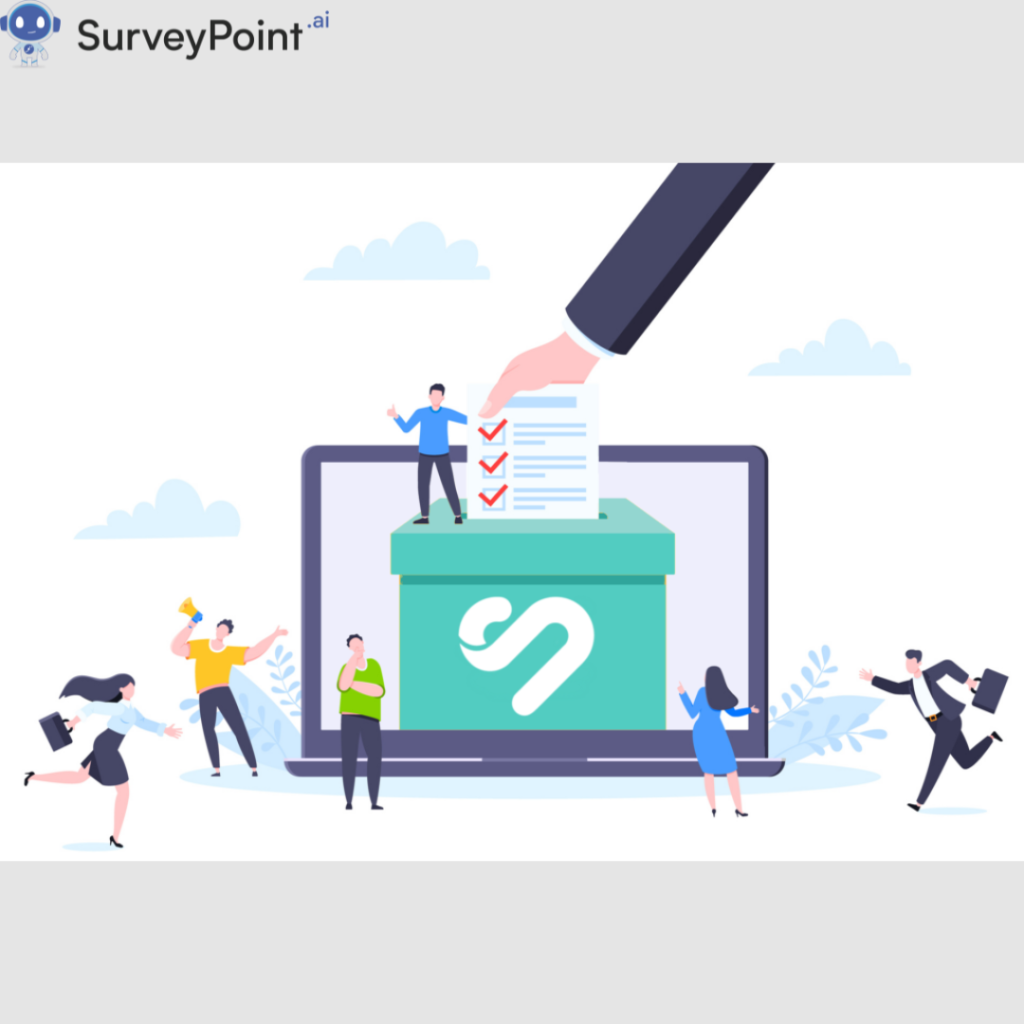
In the world of business and finance, two specialized fields often come up in discussions about decision-making, performance evaluation, and financial planning: cost accounting and management accounting. While they share some similarities, these disciplines serve distinct purposes and are crucial for the efficient functioning of any organization.
Cost accounting focuses on determining the cost of producing goods or services, ensuring optimal cost efficiency. Management accounting, on the other hand, provides insights for strategic decision-making by analyzing both financial and non-financial data. Understanding the differences and applications of these two fields can help businesses streamline operations, optimize resources, and achieve their goals.
In this blog, we’ll explore the key concepts, differences, and uses of cost accounting and management accounting, providing a clear understanding of their importance in modern business practices.
What is cost accounting?
Cost accounting is a branch of accounting that focuses on identifying, recording, and analyzing the costs associated with producing goods or delivering services. It aims to control costs, improve efficiency, and provide detailed information to internal stakeholders.
Key Features of Cost Accounting:
- Cost Determination: Calculates the cost of production, including direct costs (materials, labor) and indirect costs (overheads).
- Cost Control: Helps businesses monitor expenses and find areas to reduce costs without compromising quality.
- Cost Analysis: Breaks down costs into categories such as fixed, variable, and semi-variable to understand their behavior.
- Product Pricing: Assists in determining competitive and profitable pricing strategies.
Example of Application: A manufacturing company may use cost accounting to calculate the total cost of producing a single unit of a product, factoring in raw materials, labor, and factory overhead.
What is management accounting?
Management accounting, also known as managerial accounting, is a broader discipline that involves the analysis and interpretation of financial and non-financial data to aid in strategic decision-making. It focuses on providing actionable insights for internal management to drive business growth.
Key Features of Management Accounting:
- Decision Support: Helps management make informed decisions about investments, budgeting, and resource allocation.
- Performance Measurement: Tracks key performance indicators (KPIs) and evaluates business efficiency.
- Planning and Forecasting: Involves preparing budgets, financial forecasts, and strategic plans.
- Non-Financial Data Inclusion: Analyzes qualitative factors, such as customer satisfaction and employee productivity, alongside financial data.
Example of Application: A company’s management may use management accounting to decide whether to expand into a new market by analyzing the projected revenue, associated risks, and available resources.
Key Differences Between Cost Accounting and Management Accounting
| Aspect | Cost Accounting | Management Accounting |
|---|---|---|
| Purpose | Focuses on cost control and cost efficiency. | Aims to assist in strategic decision-making. |
| Scope | Deals primarily with cost-related data. | Covers both financial and non-financial information. |
| Focus Area | Historical data for cost determination and control. | Future-oriented with an emphasis on planning. |
| Users | Internal stakeholders like production managers. | Internal management, including executives and strategists. |
| Tools and Techniques | Cost sheets, variance analysis, and break-even analysis. | Budgeting, financial modeling, and performance reports. |
| Legal Requirement | Often required for compliance in manufacturing industries. | Not mandatory; used for internal purposes. |
Similarities Between Cost and Management Accounting
Despite their differences, cost accounting and management accounting share some common ground:
- Internal Focus: Both are designed primarily for internal stakeholders rather than external reporting.
- Decision-Making Support: Provide valuable insights to help businesses make informed decisions.
- Customization: Tailored to meet the specific needs of the organization, with no standard format.
- Complementary Roles: Cost accounting data often feeds into management accounting processes.
Applications in Business
- Cost Accounting Applications:
- Manufacturing Industry: Tracking production costs to identify inefficiencies.
- Retail Sector: Analyzing inventory costs to manage stock levels effectively.
- Service Industry: Determining the cost of delivering specific services.
- Management Accounting Applications:
- Strategic Planning: Creating long-term business strategies based on financial forecasts.
- Risk Management: Identifying and mitigating financial and operational risks.
- Resource Allocation: Optimizing the use of resources to maximize profitability.
Which One Does Your Business Need?
While both cost accounting and management accounting are vital, the choice between them depends on your business goals:
- If your primary concern is understanding and controlling costs, cost accounting is indispensable.
- If you’re focused on strategic growth, performance evaluation, and long-term planning, management accounting is the way to go.
Many businesses use both disciplines in tandem to create a comprehensive framework for decision-making and financial management.
Conclusion
Cost accounting and management accounting are two sides of the same coin, each playing a crucial role in business success. Cost accounting lays the foundation by analyzing costs and ensuring efficiency, while management accounting builds on this by providing the insights needed for strategic planning and decision-making.
By leveraging both disciplines effectively, businesses can not only control expenses but also position themselves for sustainable growth in an ever-evolving market. Understanding their differences and applications will help you determine how to best integrate these tools into your organizational strategy.
Whether you’re a startup striving to control initial costs or an established enterprise looking to refine your strategic planning, cost and management accounting are indispensable allies on the road to success.




